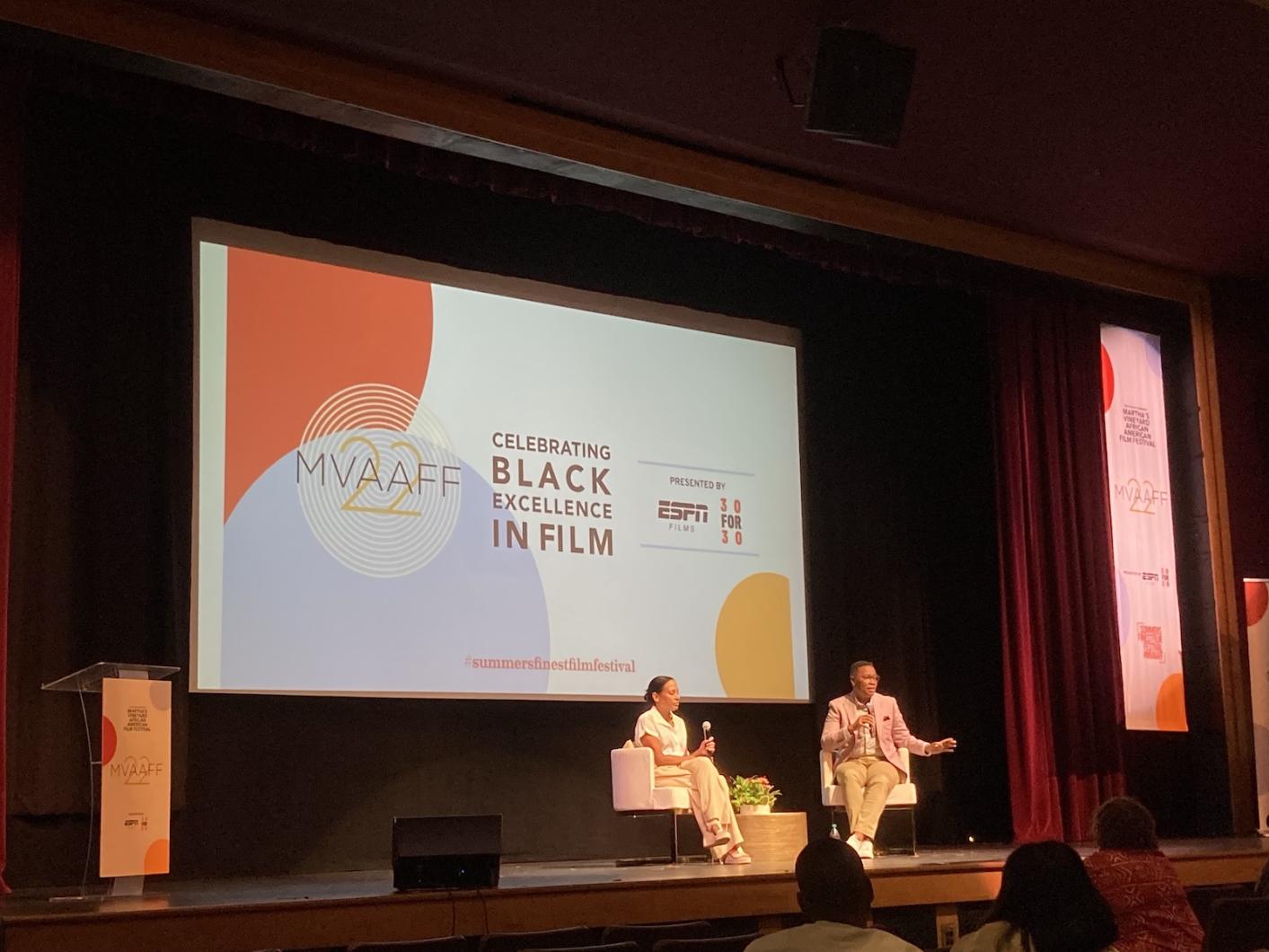In 1987, reproductive rights activist Byllye Avery produced On Becoming a Woman: Mothers and Daughters Talking to Each Other, a documentary that followed two generations of Black women discussing their experiences with menstruation and sex.
This year, Ms. Avery attended the Martha’s Vineyard African-American Film Festival to watch a new documentary, Me Period, created by the organization she founded to improve the health of Black women in the United States, the Black Women’s Health Imperative.
The documentary follows a group of Black mothers and their children talking about puberty, menstruation and reproductive health. In the film, the conversations are facilitated by Dr. Charis Chambers, OB/GYN.
The audience at the film festival watched as mothers and daughters shared stories onscreen about their first periods. While a few were excited, many remembered being terrified or ashamed. They talked about hiding bloodstains and of their mothers wrapping a hot iron in a towel to help with cramps.
In the movie, Dr. Chambers stressed that symptoms like debilitating cramps are a cause for concern, and emphasized the importance of seeking information from doctors and experts outside of one’s personal circle. She also noted how common disinformation is regarding reproductive health.
The conversations also touched on myths about contraception and sexual assault, and the complexity of navigating these topics because of the hyper-sexualization of Black women and girls. Several of the teenagers in the film recounted watching white classmates get away with wearing shorts and crop tops that they would be reprimanded for wearing because they were seen as inherently more sexual.
After the film, director Lisa Cunningham and Linda Goler Blount, MPH, the president of the Black Women’s Health Imperative, spoke with the audience about the project and the work done by the Black Women’s Health Imperative. Ms. Avery took part in the discussion too.
“I’m a grassroots organizer,” said Ms. Avery said when asked about what comes next. “We’re going to get this out the same way we got the word out about Black women’s health 40 years ago.”
She added that she hoped audience members would continue the conversations at home and work to break the stigma surrounding reproductive health.








Comments
Comment policy »